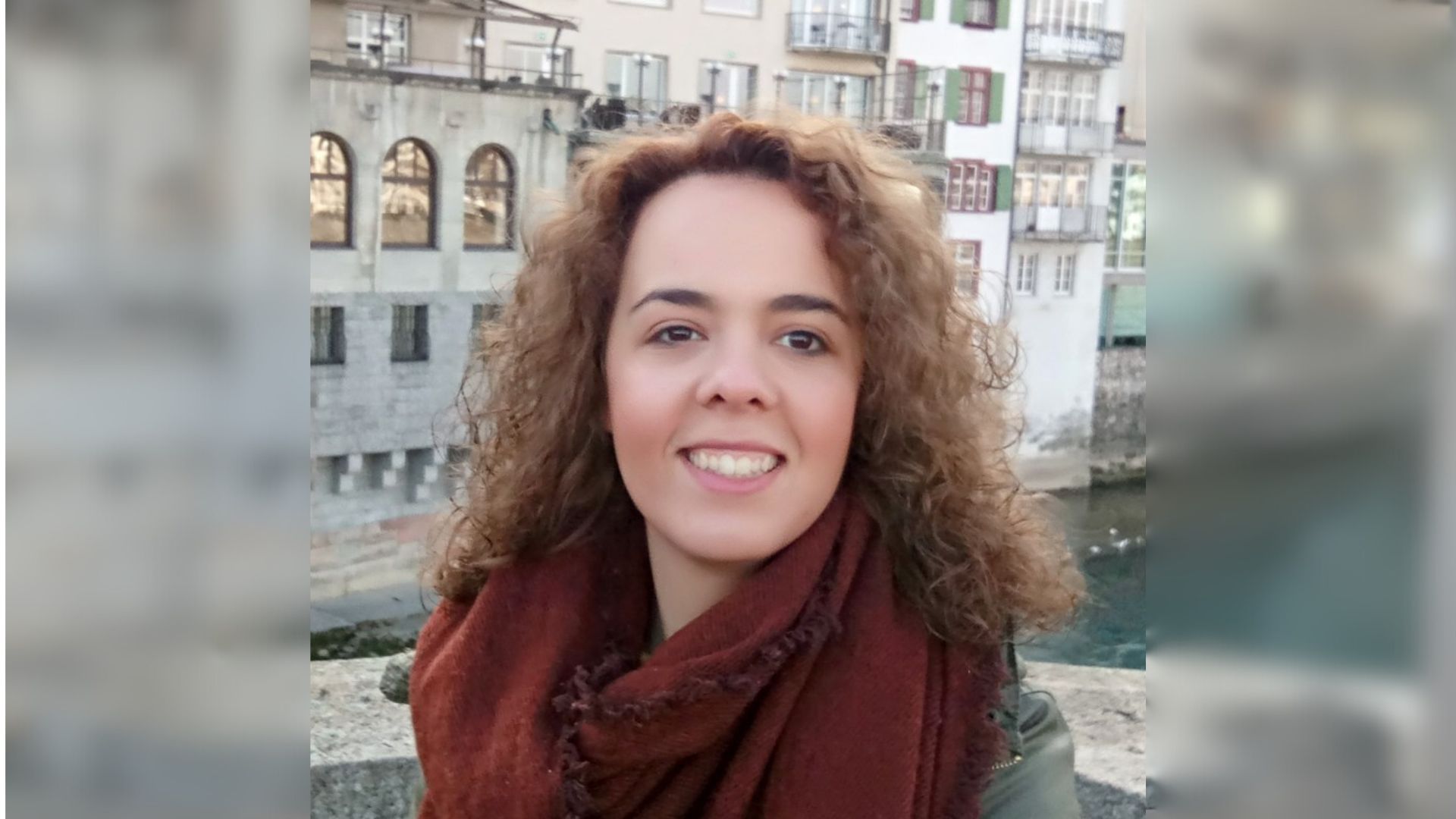2025-11-27
The quest for the impossible? Environmentally friendly cleaning and washing

In 2019, Greek biology student Andriani Tsompou ended up at Malmö University. Six years later, her continued water research, part of a series of four studies that together open a new direction in the field, has led to an important new publication in the peer-reviewed open-access journal Scientific Reports. Andriani has become a water pioneer, and her research has deepened our understanding of water's behavior, how water reacts in different contexts and on different surfaces. With the hope of benefiting both the environment and humanity.
Andriani Tsompou is part of Professor Vitaly Kocherbitov's research team at the Water Science Lab (WSL) at Malmö University. In April 2024, the university received a donation of 100 million kronor from Sandberg Development, which forms the foundation for WSL. The research group is now investigating how water reacts in different contexts to develop new materials, more effective medicines, and to create more sustainable methods for washing and cleaning, among other applications.
For over a century, we have used synthetic surfactants, surface chemicals, in detergents and cleaning products, which has led to serious problems for both the environment and humans. This makes the need for environmentally friendly alternatives urgent - both for our own survival and that of ecosystems. Here, Andriani Tsompou now seems to be onto something.
"To reduce our use of chemicals in everyday life and instead develop more environmentally friendly products, we need to know how water interacts with substances and surfaces under different washing procedures. We have conducted a series of experiments to see how well different types of water can be used to remove olive oil stains from surfaces such as glass and plastic," says Andriani Tsompou.
Olive oil consists of large fat molecules that make them difficult to remove because they repel water. By experimenting with ordinary tap water and various ultra-pure water with different pH values, combined with salt solutions, tested in varying wash cycles and temperatures, the researchers now know more about how water behaves in washing without detergents. And that pH-adjusted water can be a good and environmentally friendly alternative for cleaning and washing.
"The research is experimental. No one has investigated this before. Now we know how water works on olive oil. But to make this applicable in our daily lives, we must continue to conduct more experiments and broaden our knowledge of how other stains react on other surfaces. Like wine stains on clothes or tablecloths," says Andriani Tsompou.
The ambition is to identify and develop broad applications that enable consumers to choose products with minimal or no chemical content. The challenge lies in finding an optimal process that works on an industrial scale. With her research and now an established method for conducting more tests, Andriani Tsompou aims to accelerate the pace of development.
Four quick facts about Andriani:
Really happy recently: At her own wedding in 20th of September
Superpower: Reads books lightning fast – anything that comes her way
Misses in Malmö: The sun and sea in Greece
Misses in Greece: The pace of life in Malmö, compared to Athens' chaos
Read Andriani's full article in Scientific Reports here: https://www.nature.com/articles/s41598-025-15143-0
Read more about the water research taking place at WSL at Malmö University here:
https://mau.se/en/research/research-centres/biofilms-research-centre-for-biointerfaces/